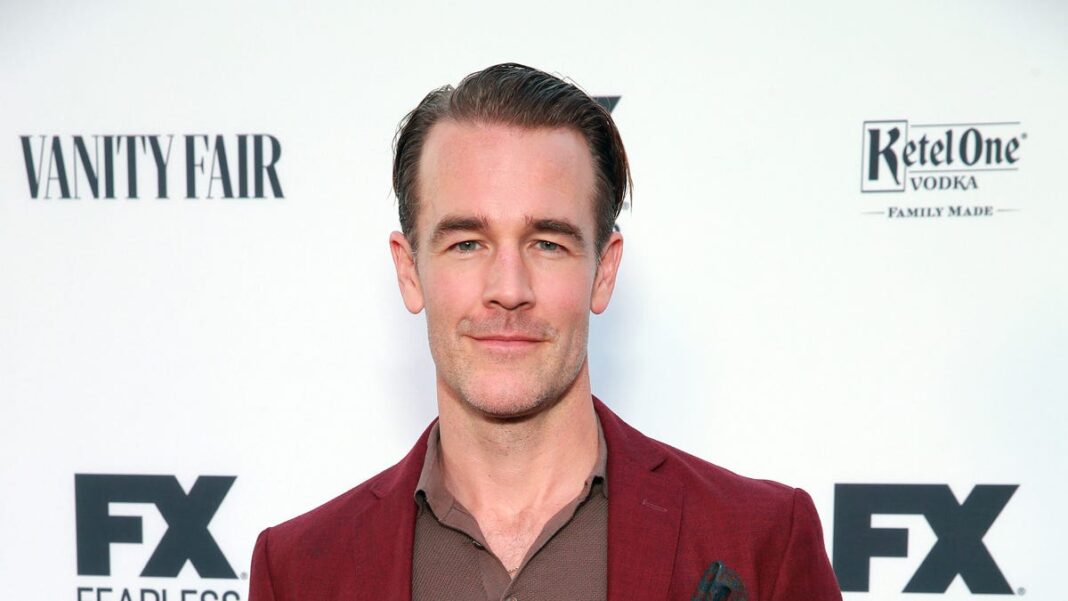James Van Der Beek, Jenna Fischer and the rise of young people getting cancer
James Van Der Beek’s diagnosis of colorectal cancer is alarming and unsettling for anyone, especially at the age of 47, which is considered quite young for this illness.
However, this isn’t an isolated case. Research from the American Cancer Society shows that colorectal cancer is among 17 types of cancer increasing in prevalence among Gen X and Millennials. Other rising cancers include breast, liver, and ovarian cancer. Numerous young celebrities like Jenna Fischer, Olivia Munn, Princess Kate, and Elle Macpherson have recently revealed their own cancer battles.
Experts are puzzled about this trend, as they have yet to pinpoint a specific cause for the increase in cancer among younger individuals. Researchers are working to uncover the reasons behind this surge. For now, maintaining a healthy diet and exercise routine, keeping up with regular screenings, being attentive to bodily changes, and visiting doctors consistently are recommended preventive measures.
While screening recommendations vary by age, the increasing cancer rates in younger demographics raise the question of whether screenings should be done earlier. Dr. John Marshall, director of The Ruesch Center for the Cure of GI Cancers at Georgetown University, emphasizes that while they do not advocate for all 30-year-olds to get screened, those experiencing symptoms must not ignore them.
‘Out of the blue’
Dr. Marshall, who considers himself an “old oncologist,” notes a significant shift in his patient demographic; half of his patients are now under 50, with a large number in their 30s and 40s, predominantly suffering from colon cancer.
He remarks that many of these patients lead healthy lifestyles, being active and maintaining a proper diet without a family history of such diseases, making their diagnoses seem sudden and unexpected.
Dr. Emil Lou, a medicine professor at the University of Minnesota, agrees, stating he has observed a considerable increase in what are termed “early onset” or “young adult” cancers—defined as cancers occurring in individuals younger than 50.
One prevailing theory about this increase is the various changes in our microbiomes over the years—stemming from factors like environmental impacts and quality of food and water. Dr. Mohamed Abazeed, co-leader of the Lung Cancer Program at the Lurie Cancer Center, suggests early life exposures, possibly linked to our food or water supplies, may contribute to these issues.
Marshall raises questions about whether water quality and food processing could be affecting health, hinting that such factors might have consequences beyond cancer. While cancer garners significant concern due to its severity, understanding its relation to broader health elements is crucial.
Dr. Mike Varshavski, a family physician and health influencer, emphasizes the complexity of population health trends, noting that it’s challenging to pinpoint single factors driving issues, stating that the rise of obesity rates is a significant contributor to many types of cancer.
In agreement, Abazeed mentions that dramatic changes in diet, especially within a short timeframe, may not allow our bodies to adapt properly, potentially leading to inflammatory responses.
Screenings ‘not just preventive’
Regular visits to primary care providers could help catch diseases before they progress. A recent Aflac Wellness Matters Survey reveals that more than three-quarters of Americans avoid essential health check-ups, with millennials being the most affected at 84%.
For individuals due for health screenings, such as colonoscopies, doctors can identify and remove precancerous polyps, along with detecting existing cancer.
Dr. Varshavski points out, “Many procedures performed in doctor’s offices are not merely preventive; they can also be proactive.”
Jenna Fischer, who is 50, shared on Instagram her experience with breast cancer, stating, “My tumor was so small it couldn’t be detected in a physical exam. If I had delayed my check-up by six months, the outcome could have been drastically worse. It could have spread.”
Take Your Symptoms Seriously
It’s important to interpret data appropriately. Over the past several decades, fewer people have succumbed to cancer, even as its incidence has risen.
Still, Marshall advises both patients and healthcare providers not to dismiss serious symptoms because of a person’s youth. For instance, don’t assume that a 30-year-old with rectal bleeding merely has hemorrhoids; if that individual were 60 or 70, you would immediately consider the possibility of colon cancer. “We need to shift the mindset,” he emphasizes.
Lou adds: “Ultimately, it’s vital to understand your body and trust your instincts if you sense something is off. If you share your symptoms with a healthcare provider and feel unheard, don’t hesitate to advocate for yourself and seek further opinions.”
In summary: If you notice changes in your appetite, weight, or bowel habits that persist for several weeks, it’s important to consult a doctor. “That’s typically how these issues present themselves,” Marshall states, “with vague, initial symptoms that linger. Take them seriously.”

